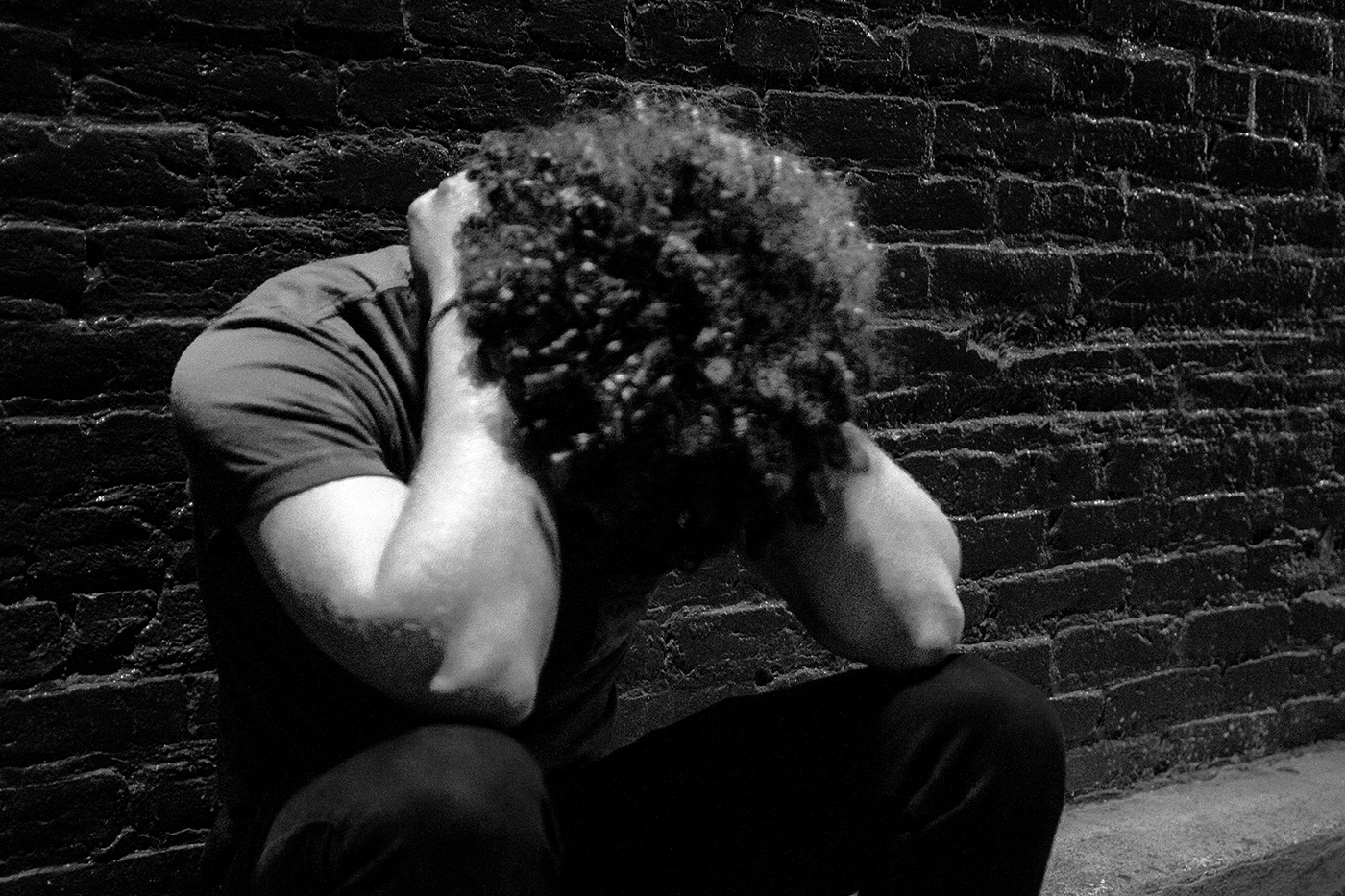Mental Health America estimates that roughly 1 in 5 adults in the United States experience mental health challenges on a daily basis. Since 2013, rates of “severe youth depression” have increased by more than two percent.
But as cases of mental illnesses rise, so do new ideas to help.
Everyone has heard about mental health hotlines. Mental health crises occur for millions on a daily basis, and it is important that suicide hotlines are available for immediate, urgent care.
However, struggles with mental health do not always come in the form of a crisis. California created a warm line for those times.
The New Mental Health Warm-Line
California residents now have access to a statewide mental health line. As of Oct. 10, 2019, the Peer-Run Warm Line provides free, non-emergency emotional support through a text or phone call to anyone in need. Contrary to common practice among other mental health lines, Peer-Run Warm Line will aim to employ counselors who have specifically struggled with mental illness.
“These (counselors) are not licensed mental health professionals,” Warm Line Manager Sarah Flynn said. “These are people that have lived experience and expertise in mental health struggles.”
The project, brought to life by the Mental Health Association of San Francisco (MHASF), was launched at a news conference in San Francisco on Oct. 7.
Throughout the conference, State Senator Scott Wiener, Assembly Budget Committee Chair Phil Ting and others formally debuted the program and took questions from attendees.
What Peer-Run Warm Line Provides
The service is intended specifically for Californians who are feeling alone, according to Wiener. It is important to note the mental health line is not a crisis or suicide hotline, but rather is intended to comfort those who want conversation during a difficult time.
“Anytime, day or night, you can pick up the phone and talk to someone who understands firsthand your challenges,” Wiener said during the conference.
The line is intended to act as the “step before a hotline,” according to Ting. The counselors are trained to de-escalate any given situation and hopefully prevent a trip to the emergency room.
The line is staffed throughout most of the day but is not expected to reach 24/7 coverage until the end of the year.
Although the voices on the other line are not technically professionals, there is a substantial amount of training required before each counselor may work freely.
After being accepted, each counselor is required to attend an extensive 40-hour classroom training session, according to Ting. Additionally, they must go through 1 to 2 weeks of on-staff training.
“As an organization, we believe that by having experience [with mental illness themselves], they can truly understand what someone is going through,” MHASF director Mark Salazar said when asked about the advantages of his hiring method. “The understanding that compassionately comes through in that way is a part of our service.”
How it Happened
This is one of the few programs in California that has been granted ongoing funding throughout the year, according to Ting.
“From a fiscal standpoint, it makes sense to invest in preventative measures,” Ting said. “Without a Warm Line, individuals could end up using more expensive, crisis-based interventions such as hospitalizations.”
Over the next three years, the program is expected to receive $10.8 million from the California government. During the news conference, Ting explained it was crucial to go beyond a one-year appropriation, as hiring and budget plans would be near impossible otherwise.
Although the proposal must be revisited in three years, Ting said he is confident the program demonstrates utmost priority within the government. He said he hopes sufficient resources will be dedicated to outreach, so California citizens know someone is there for them.
“We’re trying to, step-by-step, reestablish the support systems for people who are in crisis and need more attention . . . this is a valuable investment by the state of California in the mental health and wellbeing of our residents,” Wiener said.
Resources at Cal Poly
Although the new Peer-Run Warm Line is a readily available outlet, resources are also available through Cal Poly.
A health fee increase in January 2018 allowed counseling services to add critical staff during a difficult financial time, according to Cal Poly counseling services director Dr. Geneva Reynaga-Abiko. There is currently one counseling provider for every 1,047 students at Cal Poly, and Reynaga-Abiko said she hopes further resources will allow those in need to acquire crucial aid with no wait.
Any enrolled student is permitted to contact Cal Poly Counseling Services during business hours to schedule a consultation, and those in an immediate crisis may call (805) 756-2511 to speak with a live person on-staff.

